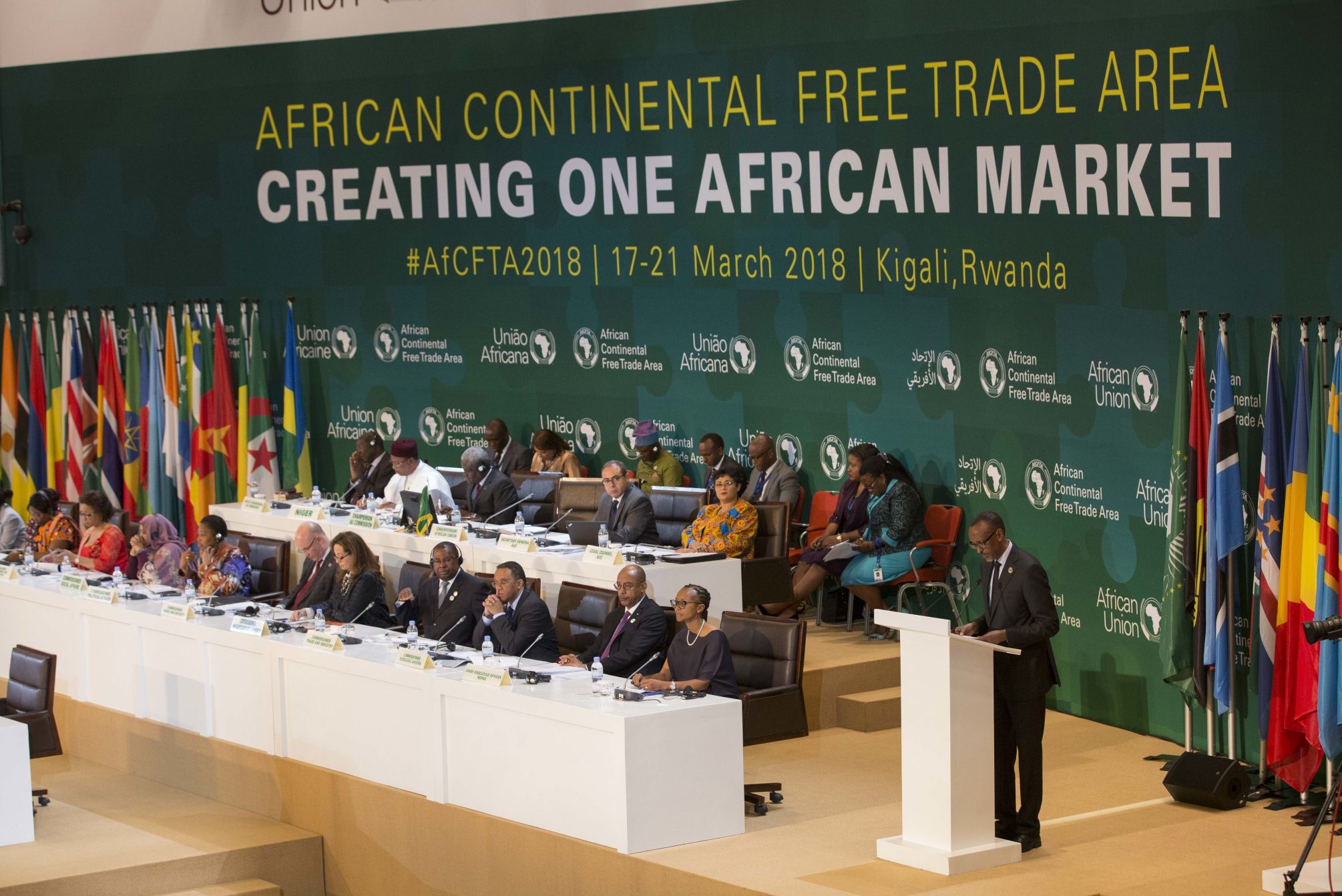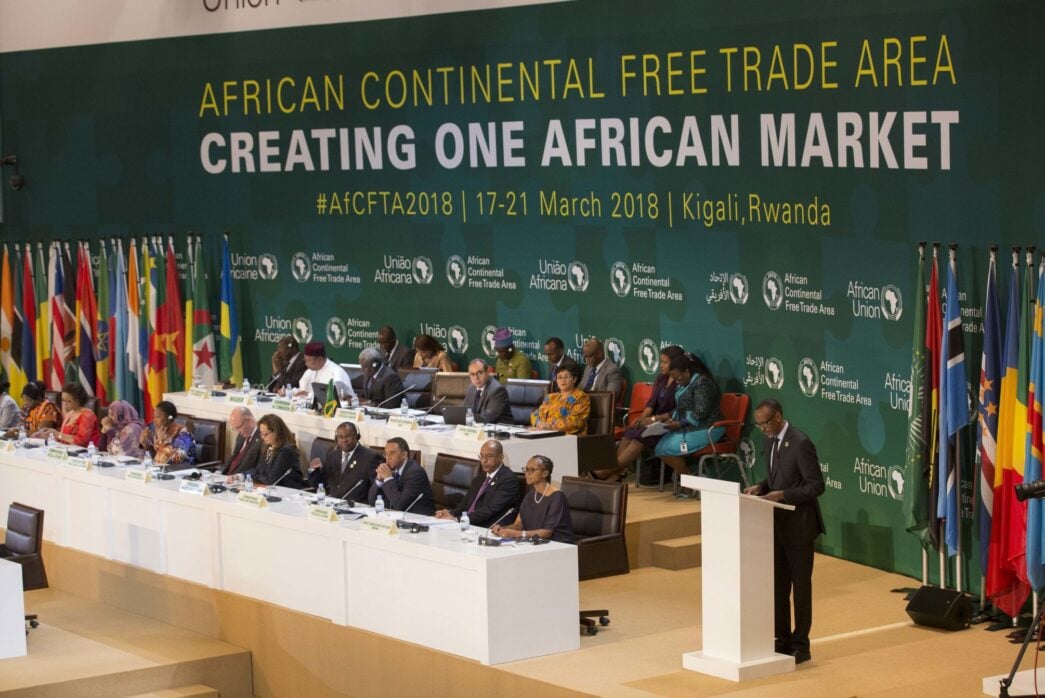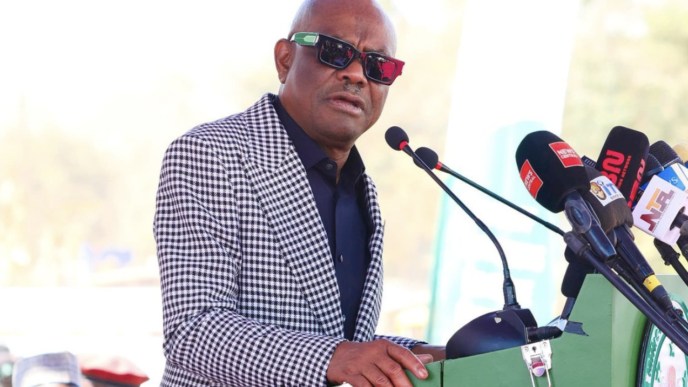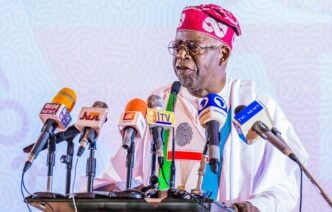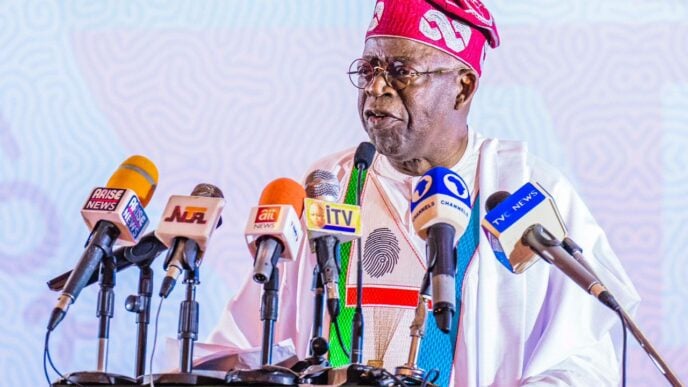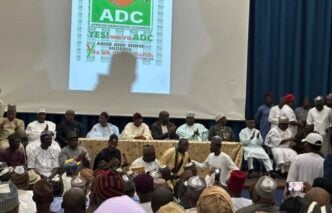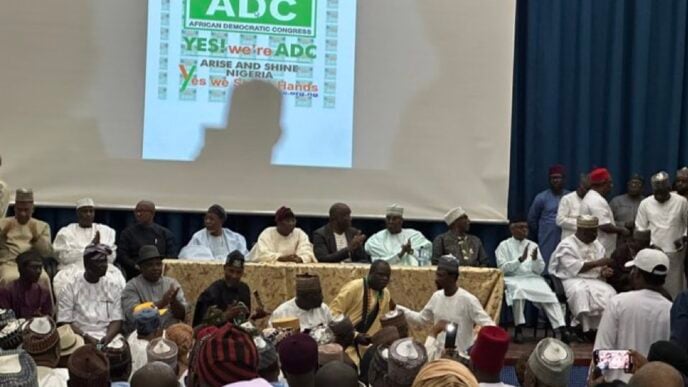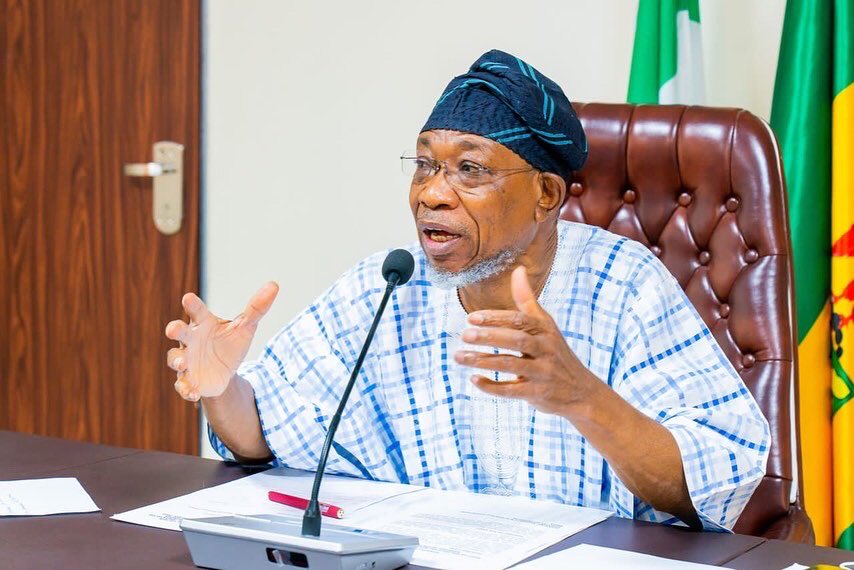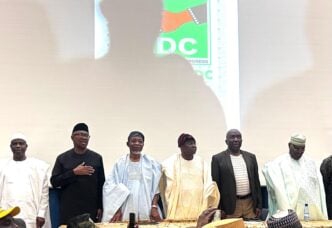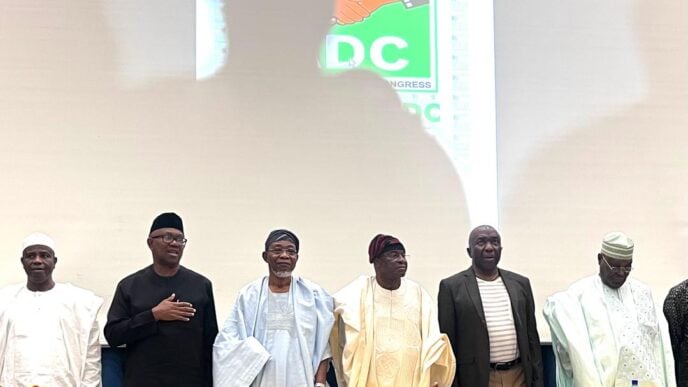By all metrics, the African Continental Free Trade Area (AfCFTA) is the most ambitious integration project the continent has ever embarked on. By number, it is the second-largest single trade bloc, after the World Trade Organisation (WTO). It is a single market of 1.4 billion people, with a combined GDP of over $3.4 trillion. Yet, while the ink is drying on new trade protocols; while borders are recalibrated for intra-African commerce; and while small and medium-sized enterprises from Dakar to Dar es Salaam slowly begin to eye markets once blocked by bureaucracy and tariffs, the global economic powers seem oddly disengaged, or asleep.
While the world’s economic heavyweights remain fixated on their own rivalries; U.S.-China trade wars, European protectionism, shifting supply chains, is quietly forging its own path with the “African Continental Free Trade Area (AfCFTA)”. The agreement, which creates the world’s largest free trade zone by membership (54 countries, 1.4 billion people, and a combined GDP of $3.4 trillion) as mentioned earlier, has yet to command the attention it deserves from global powers. Yet, its success or failure could reshape not only Africa’s economic destiny but also the balance of the global economic order. But it is a matter of when, not if.
No headlines scream in “The Wall Street Journal”. No think tanks in Brussels or Tokyo are organizing crisis roundtables. Washington and Beijing appear more obsessed with each other than with the tectonic shift happening quietly under their feet. Africa, often treated as an afterthought in global trade by the “Big Boys”, is now building its own table, and not waiting for a seat at anyone else’s.
AfCFTA represents more than just economic integration. It’s a political and psychological break from the umbilical cord of colonial economic legacies that shackled African trade to foreign metropoles, rather than to itself. Intra-African trade has historically lingered at less than 20% of total trade volumes, compared to 60% in Europe and 50% in Asia. AfCFTA aims to dismantle this anomaly.
Advertisement
The implications are far-reaching.
Diversified Economies: With barriers reduced, African nations can begin to trade in value-added goods, not just raw materials. This sets the stage for manufacturing hubs in Lagos, agro-processing zones in Accra, and pharmaceutical collaborations from Kigali to Cairo.
Recently, Nigeria’s President Bola Ahmed Tinubu, as Chairperson of the ECOWAS Authority of Heads of State and Government, delivered a straight-to-the-point opening address at the inaugural West Africa Economic Summit held in Abuja, on Saturday, June 21, 2025. In the said speech, President Tinubu urged West African leaders to move beyond “fragmentation and missed opportunities”, and work towards deeper regional integration, collaboration, and shared prosperity.
He noted that, intra-regional trade in West Africa remains below 10%, describing this as a “coordination failure,” not a failure of will. This is a serious issue that needs some attending to, by African leaders, and other critical (African) stakeholders. Currently, Africa trades more with the rest of the world than it does, with itself. Intra-African trade accounts for just 15% of total trade, compared to 60% in Asia and 70% in Europe. The AfCFTA aims to reverse this by eliminating 90% of tariffs”, reducing non-tariff barriers, and fostering enhanced regional value chains. The World Bank estimates that by 2035, the agreement could:
Advertisement
“Increase Africa’s income by $450 billion (7% growth).
Boost intra-African trade by 109%, particularly, through the manufacturing of goods. Dangote Refinery, for instance, is expected to take care of a substantial part of African demand for refined petroleum products.
Lift 30 million people out of extreme poverty and raise wages for 68 million more.”
Youth Employment and Innovation: Africa’s youth bulge is often called a time bomb. African Continental Free Trade Agreement (AfCFTA), if properly implemented, could convert it into an innovation boom. Local startups will no longer be trapped by national borders, but can now start to think continentally from day one.
Advertisement
Political Leverage: As African nations grow interdependent, regional conflicts may find fewer incentives and more disincentives. Peace could become profitable. A stronger African Union, with real economic teeth, is on the horizon.
Global Implications: A Sleeping Lion Awakens.
So why the global silence? Perhaps it’s strategic denial. The rise of AfCFTA could significantly recalibrate the global economic balance in ways that challenge existing power centers.
A New Trading Bloc: If implemented with integrity and infrastructure, AfCFTA could rival other major trade blocs like the EU and ASEAN. This gives Africa collective bargaining power — something individual nations have often lacked on global platforms like the WTO.
Advertisement
Reduced Dependence on External Powers: Africa may begin to rely less on Europe, China, or the US for finished goods. As local industries strengthen, so does economic sovereignty. That’s bad news for export-driven economies that rely on Africa as a dumping ground for low-grade goods. A country like Nigeria will no longer import toothpicks as it has done in the past. A country of over 200 million fashion-conscious citizens can no longer afford to depend on importation to meet its garments demand. Local production is the answer, for sustainability.
Geopolitical Repercussions: With stronger economic ties internally, Africa may tilt toward a more non-aligned posture. This complicates the chessboard for global superpowers jostling for influence through aid, debt, and military partnerships.
Advertisement
What the World Risks by Ignoring AfCFTA
To underestimate AfCFTA is to misread the rhythm of Africa’s heartbeat. The world may, erroneously, believe that Africa will remain a passive participant in global trade — a source of cocoa but not chocolate, of cobalt but not batteries, of oil but not refined energy. But Africa is now, re-writing its script.
Advertisement
Ignoring AfCFTA, therefore, means missing the chance to partner early, to co-create value chains, and to invest in infrastructure and logistics that will define the 21st century’s new growth frontier. It’s not just Africa’s game to win — it’s the world’s opportunity to lose.
In conclusion, Africa is a continent on the march. The world’s silence is not just neglect, it’s a strategic miscalculation. Africa is not merely rising — it is organizing. And in that quiet organization lies a new world order waiting to be acknowledged.
Advertisement
AfCFTA is not the panacea for all African economic woes. But it is a credible beginning; a blueprint for self-determined sustainable development and continental solidarity. The train has left the station. Those not aboard may one day find themselves scrambling to catch up, especially now that Nigeria is beginning to key into it – something the rest of the continent has been waiting for.
Let it be known: history rarely waits for the inattentive.
Abubakar writes from Ilorin, Kwara state. He can be reached via or [email protected]
Views expressed by contributors are strictly personal and not of TheCable.

